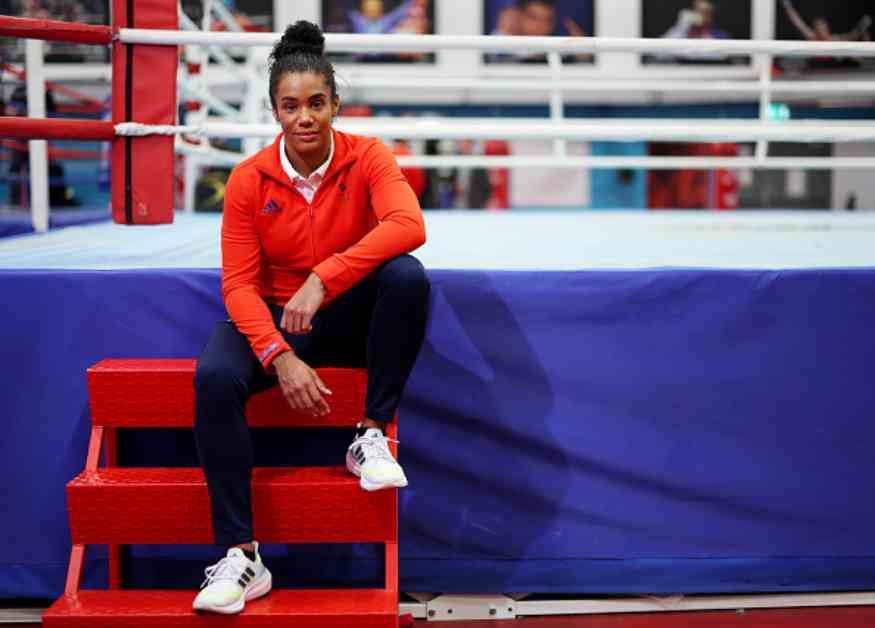Robert F. Kennedy Jr.’s Controversial Relationship with a Journalist: Why It Matters
The recent scandal involving New York magazine journalist Olivia Nuzzi and political figure Robert F. Kennedy Jr. has sparked widespread debate and raised important questions about journalistic integrity, conflicts of interest, and gender dynamics in the media industry.
Nuzzi’s relationship with Kennedy, a married man nearly twice her age, has drawn criticism for its ethical implications and potential impact on her professional credibility. The fact that she was engaged to another journalist at the time of the affair, who had previously faced allegations of misconduct, only adds to the complexity of the situation.
The Ethical Dilemma
The revelation of Nuzzi’s relationship with Kennedy has raised concerns about conflicts of interest and bias in her reporting. While Nuzzi claims that the relationship was not physical, the nature of their interactions, including alleged intimate photos exchanged, has raised eyebrows and questions about the boundaries between journalists and their sources.
New York magazine’s decision to suspend Nuzzi for violating its standards on conflicts of interest and disclosures highlights the seriousness of the situation. The magazine’s editors expressed regret over the breach of trust with readers and acknowledged that Nuzzi’s coverage of the presidential campaign may have been compromised by her personal relationship with Kennedy.
Gender Dynamics in Journalism
The controversy surrounding Nuzzi’s relationship with Kennedy also sheds light on broader issues of gender dynamics in journalism. While male journalists have faced consequences for sexual harassment and misconduct in the #MeToo era, instances of high-profile female journalists engaging in inappropriate behavior are less common.
The lack of accountability for women in positions of power who act inappropriately at work is a concerning trend that undermines efforts to promote equality and professionalism in the media industry. Nuzzi’s actions, while not as egregious as some of the #MeToo scandals involving male journalists, still raise important questions about professional conduct and journalistic ethics.
The Impact on Female Journalists
Nuzzi’s behavior has implications beyond her own career, affecting how female journalists are perceived and undermining efforts to combat stereotypes about women using their sexuality to advance professionally. By engaging in a relationship with a high-profile source like Kennedy, Nuzzi has inadvertently perpetuated damaging clichés about women in the media industry.
The scrutiny and criticism Nuzzi has faced serve as a cautionary tale for female journalists navigating the complex terrain of professional relationships and ethical boundaries. It is essential for women in journalism to uphold the highest standards of integrity and avoid actions that may compromise their credibility and reputation.
In conclusion, the controversy surrounding Olivia Nuzzi’s relationship with Robert F. Kennedy Jr. raises important questions about journalistic ethics, conflicts of interest, and gender dynamics in the media industry. The implications of her actions extend beyond her own career, highlighting broader issues of professional conduct and the need for accountability in journalism. As the industry continues to grapple with these challenges, it is crucial for journalists to uphold the highest standards of integrity and avoid behaviors that may undermine the credibility of the profession.



























